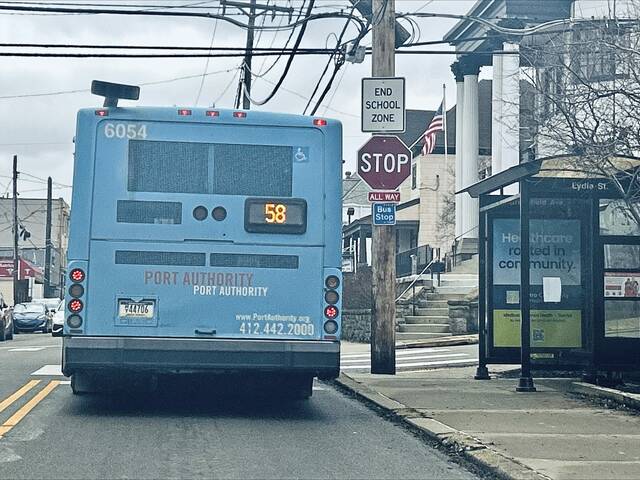Baking enthusiasts in Pittsburgh and surrounding communities will have new freedom this summer, just in time for Independence Day. Thanks to a recent policy reversal at the Allegheny County Health Department, people can turn on their ovens and start making money from home.
Code enforcers previously showed zero tolerance for “cottage food,” which refers to food made in a home kitchen for sale. Although Pennsylvania allows home cooks to sell many types of products, Allegheny County told its residents no. Health officials even sent cease-and-desist letters during the covid-19 pandemic, cutting off a source of home-based income while simultaneously advising people to work from home as much as possible.
Volunteers were allowed to organize bake sales for charity, but they could not sell the same food made in the same kitchens for income. If they wanted to sell a single cookie, cupcake or loaf of bread, they had to spend tens of thousands of dollars to rent or build a commercial-grade kitchen.
At least one Allegheny County home baker did not have that kind of dough, so she contacted the Institute for Justice for guidance. The public interest law firm has fought for cottage food reform through litigation, while several jurisdictions have relied on legislation. Already in 2021, eight states have expanded their cottage food laws, and Illinois has a bill on the governor’s desk waiting for his signature.
Some of these results required years of work, but progress came quickly in Allegheny County. After an inquiry on May 5, public health officials agreed the next day to lift the county’s restrictions, honor state- issued cottage food licenses and rescind the cease-and- desist letters that already had gone out.
The change means that Allegheny County finally can join the rest of the nation — minus New Jersey and a few pockets of resistance in Massachusetts — in a growing movement driven by consumer demand. People from coast to coast love buying food from neighbors they know and trust, and they love keeping money in the local economy.
After Minnesota eased its cottage food restrictions in 2015, about 5,000 new businesses popped up within five years. Studies show that people who benefit the most tend to be low-income women, especially in rural areas. Cottage food laws also help immigrants, farmers and caretakers with family responsibilities.
Allegheny County has been missing out on these growth opportunities, but not for long. The new normal does not mean that people can do whatever they want without government permission. Home bakers still must comply with the Pennsylvania Food Safety Act of 2010, which lays out a cumbersome process for getting started.
Applicants must sort through 14 pages of rules, submit a business plan, pass a home inspection, pay fees, and sometimes submit food and water samples for testing. Getting set up is much easier in Maryland, Ohio, West Virginia and other states that require no special permits or licenses.
Pennsylvania also limits the types of homemade foods that people can sell once they have state approval. Baked goods, dried mixes, candy, jams, jellies, granolas and similar products are legal, but nothing that requires refrigeration.
The cottage food law is not the best in the nation. Montana, North Dakota, Oklahoma, Utah and Wyoming have those bragging rights. But Pennsylvania’s rules are better than nothing, which is what Allegheny County had before.
Regulators justified the previous ban with hypothetical concerns about foodborne illness, but real-world experience shows that Allegheny County will be safe. Problems are rare because cottage food businesses owners typically work alone, which means they must put their names and reputations on the line with every transaction. A single complaint could be devastating, so most sellers take extra precautions.
“If I have a personal relationship with the people who buy my products, that has way more value than mountains of rules and hundreds of pages of regulations,” Indianapolis farmer and cottage food entrepreneur Nick Carter says.
The Fourth of July brings people together, and Allegheny County will be ready in 2021. Besides baseball, fireworks and parades, neighbors will have new ways to connect with homemade food.
Alexa Gervasi is an attorney and Daryl James is a writer at the Institute for Justice in Arlington, Va.








